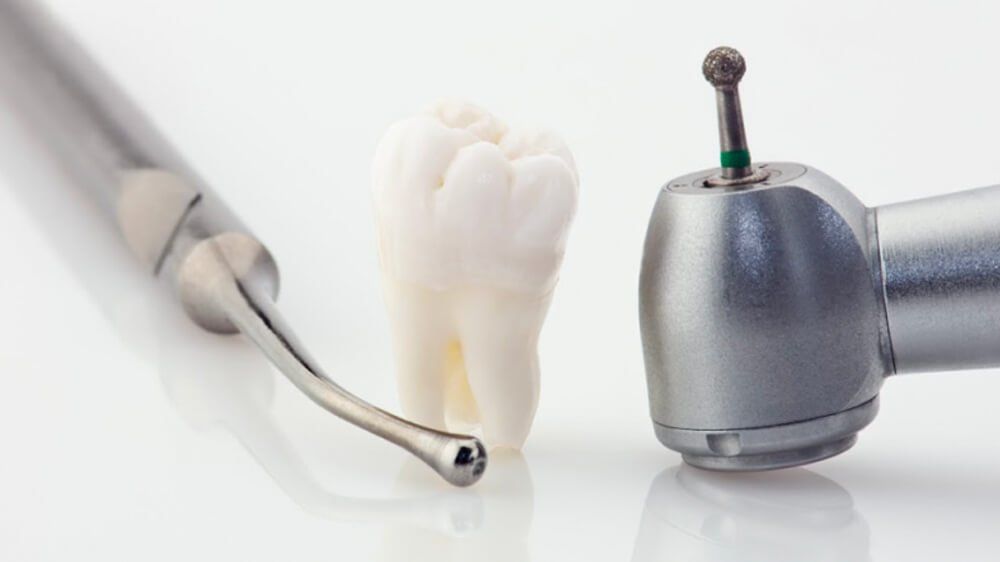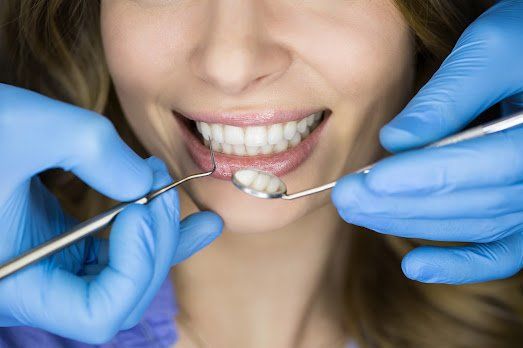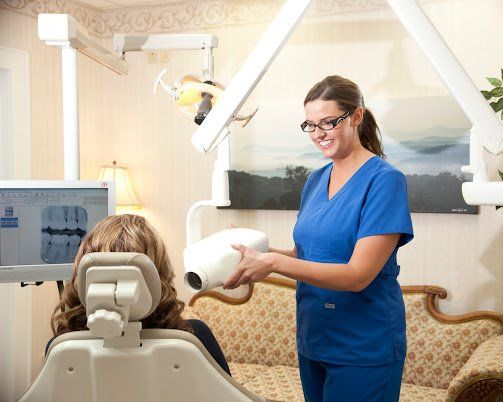4 Pieces of Wisdom About Wisdom Teeth

1. Wisdom Teeth Used to Serve an Important Purpose
Because wisdom teeth are so frequently removed today, you might assume they serve no real purpose. Surely, people can get by just fine without wisdom teeth these days, but that was not always the case. Thousands of years ago, the human diet contained a lot more tough roots, raw meat, and hard nuts — and humans needed stronger teeth to chew these foods.
These days, the human diet is much softer, but humans still pass down the genetic code to develop wisdom teeth. However, the human jaw has also evolved to be smaller — perhaps because human brains have grown larger. As such, many people's jaws do not have space for wisdom teeth, even though the teeth are still genetically coded for.
2. Some People Do Not Have Wisdom Teeth
If you have been waiting for your wisdom teeth to erupt, but to no avail, there are two possibilities. Your wisdom teeth could be impacted, or you might not actually have wisdom teeth.
Contrary to popular belief, this is probably not an indication that humans are evolving away from having wisdom teeth. Rather, researchers have found evidence that a genetic mutation occurred around 300,000 to 400,000 years ago that resulted in some people failing to develop wisdom teeth.
To lack one or more of your wisdom teeth is actually pretty common. Ten to 25 percent of Americans with European ancestry, 11 percent of those with African ancestry, and 40 percent of those with Asian ancestry are missing one or more wisdom teeth. The best way to know how many wisdom teeth you actually have is to have dental x-rays taken.
3. Impacted Wisdom Teeth Can Damage Other Teeth
The reason why dentists so often remove wisdom teeth is not because something wrong with the wisdom teeth themselves but rather because of the damage they might do to other teeth.
Because most people have smaller jaws, the wisdom teeth often try to erupt at an angle, which puts pressure on the neighboring molars. This can cause jaw pain, decay in the neighboring teeth, and crowding of teeth as the teeth shift in response to the pressure.
Dentists often recommend teenagers have their wisdom teeth evaluated and removed early on before these problems have a chance to occur.
4. Wisdom Tooth Removal Surgery Is Safe
Many patients are apprehensive about surgery, but wisdom tooth removal is actually quite safe — and less of a burden than the abscesses, crowding, headaches, and crooked teeth you may experience if impacted wisdom teeth are left in place. In fact, according to Live Science, about 5 million people per year have their wisdom teeth removed in the U.S.
Complications following wisdom tooth removal surgery are rare. The most common complication is a condition called dry socket in which the blood clot washes out of the tooth socket early, which leaves the jaw bone exposed. Dry socket is painful, but it's easily managed, and patients almost never have any lasting issues.
If you have any questions or pain that you suspect is due to impacted wisdom teeth, contact the dentists at Pittsburgh Dental Spa. With massage chairs, aromatherapy, and soothing decor, we aim to make every dental visit relaxing.
Reviews from real patients:
Carmen up front is the nicest person ever! First time I met her she was running around doing many jobs and still being oh so sweet. Dr. Kelly is just as amazing! They truly make you feel comfortable and the atmosphere is amazing. Highly recommend!!
Brianna Bangs
OUR LOCATION
Address: 6502B Steubenville Pike Pittsburgh, PA 15205















